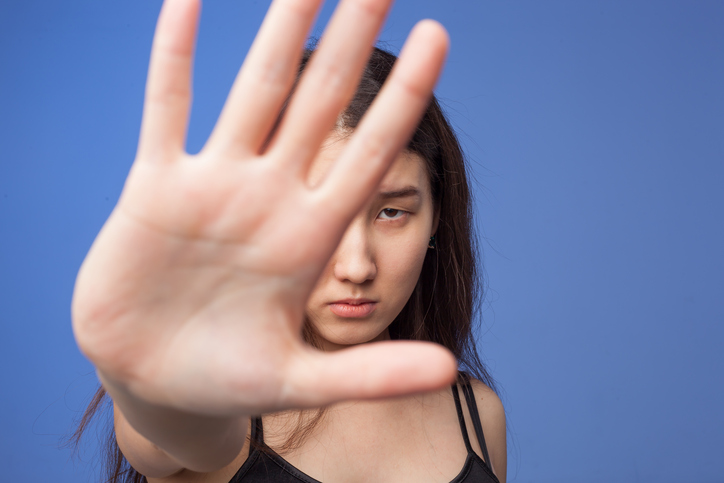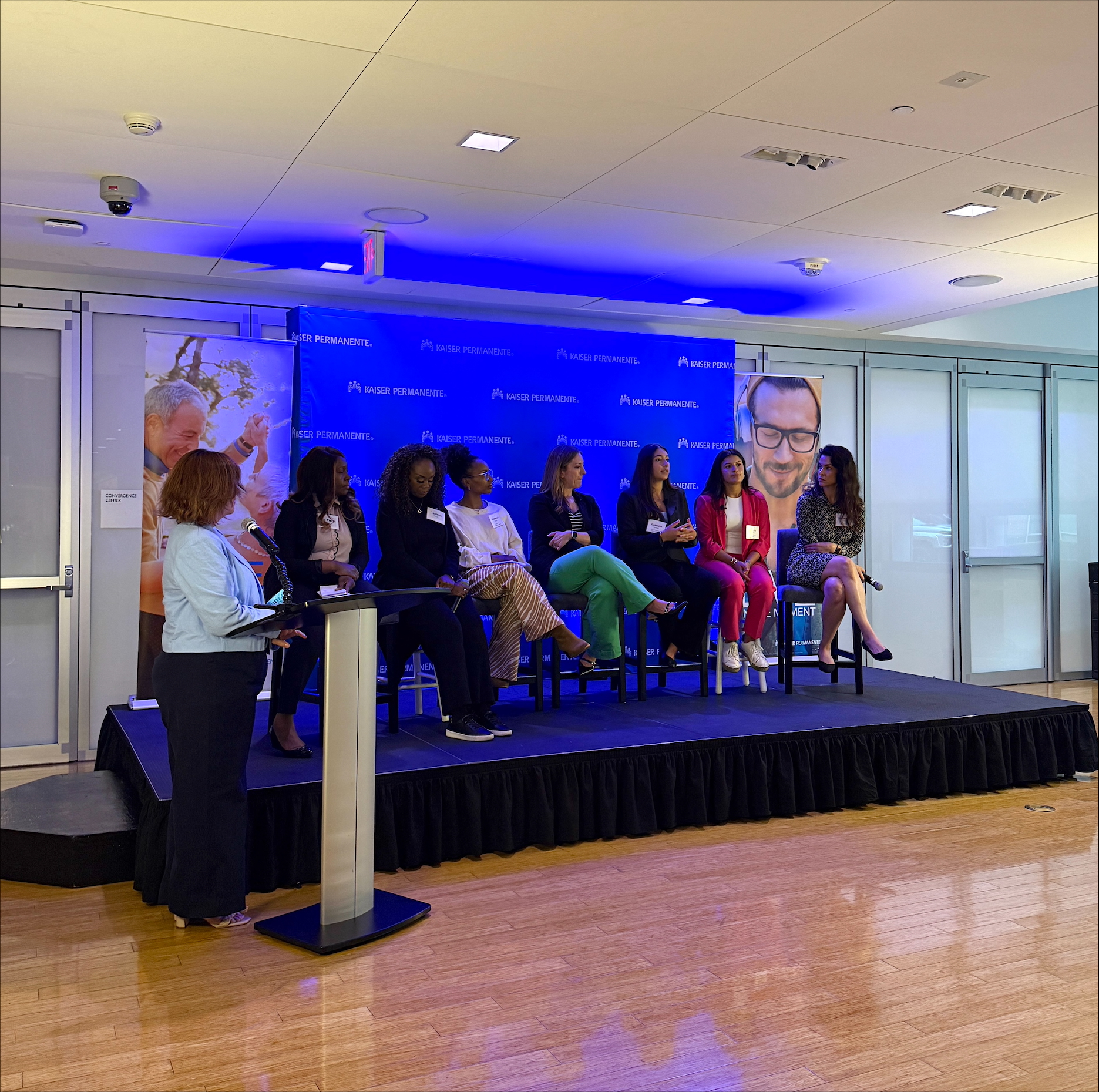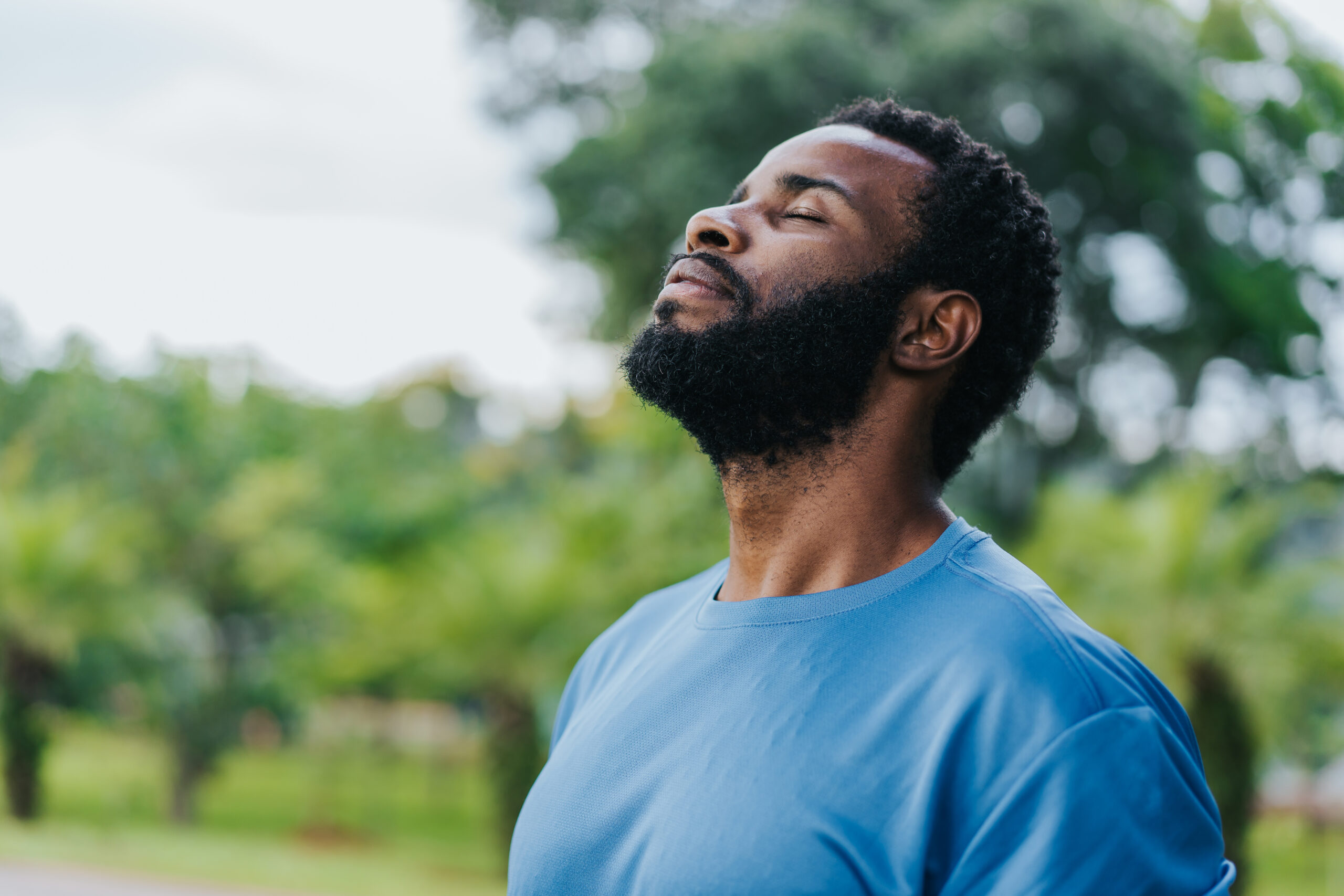Three Doctors Weigh In
February is National Teen Dating Violence Awareness and Prevention Month, and while the whole concept is hard to accept for many, the numbers are even harder to ignore.
One in three teens in the U.S. will experience physical, sexual, or emotional abuse by someone they’re in a relationship with before they become adults.
Domestic or intimate partner violence (DPV or IPV) is something that’s finally coming out of the shadows for many. Unfortunately, teen dating violence is something that’s still pretty much off the radar for most in our society.
Dating in high school is a natural rite of passage for both boys and girls alike, right? Often wonderful, sometimes woeful, it’s still something that can have a huge impact on what comes after in being an adult.
But being hit, slapped, punched, or choked? Being threatened, told what to wear, and who you can see? Being told you’re stupid, getting yelled at, and being made fun of? Being forced to do something sexual against your will, forced to have unprotected sex, or ignored when you say, “No!”?
That’s the harsh reality for many teens, no matter their address, their family’s income or status, or even their upbringing. And they’re deeply, fundamentally ashamed about it. It’s hidden away with high-collared, long-sleeved shirts or blouses. It’s covered by a little or a lot of makeup and by withdrawing further and further away from family, friends, and classmates.

Dr. Sameerah Wong, a Family Medicine physician at Highlands Ranch, Colorado, advises teens to look ahead to where their abusive situation may eventually lead. “What I wish my teen patients knew about teen violence is that we, as docs, know that teenagers are dealing with dating violence,” says Dr. Wong. “So please don’t worry that we’d be shocked or anything like that.
“In high school I knew a girl with a stronger GPA than myself who was raped and beaten up by her boyfriend on an ongoing basis. She wore turtlenecks and thick makeup to hide the bruises.
“If you’re suffering this kind of abuse, please know that you’re not alone. Please get help. Also, EVEN if you think that it’s OK s/he controls you or hits you every once in a while, I’d like you to think ahead 5 or 10 years.
“When your future kids are watching you being controlled or getting hit, is it still going to be OK? I hope not. I know you would never want your kids to learn that emotional or physical violence is OK. If it’s not OK in the future, it’s certainly not OK now.”

Dr. Jennifer Kelloff, medical director, Child Abuse Pediatrics and Prevention, Westminster, Colorado, believes the line between a healthy and unhealthy relationship can be pretty stark. “A healthy relationship is respecting each other,” says Dr. Kelloff. “It’s about making each other better people, sharing common interests while also having outside activities and friends and settling disagreements peacefully with respect.
“An unhealthy relationship is when your partner (boy or girl) has an explosive temper, is jealous, puts you down, isolates you from your friends and family, has mood swings, seems possessive or bossy, pressures you to do things you don’t want to do, calls or emails constantly, asks for your passwords, and looks over your shoulder to see who you’re messaging.
“And, don’t take photos or let others take photos of your body without clothing on. Absolutely nothing good comes of this and those images, if they’re put on the internet, can live on forever online.
“If your relationship has any of those unhealthy warning signs, talk to a trusted adult or your doctor.”

Dr. Cristin Panzarella, Ob-Gyn, Rock Creek, Colorado, and KP Colorado’s lead for the Family Violence Prevention Program, is the first to admit that dating is complicated, and sex is even more so. She also notes the two are especially confusing when you’re a teenager and your mind and body are going through rapid, dramatic changes, and much of your life is in public, whether it’s through texting, Twitter, Facebook or a host of other social media outlets.
Part of that public life also involves spending a lot of time with friends. Dr. Panzarella points out that those relationships put a huge amount of pressure on teens to act a certain way or do certain things to be accepted in a group. “Those pressures,” says Dr. Panzarella, “can escalate even further within dating relationships.”
She notes there’s the obvious upside to dating — “when a boyfriend or girlfriend loves you so much that they want to spend all of their time with you, it can feel really good.” But, there’s also a downside that’s not all that good — “when that person wants you all to him or herself.”
“I lost a lot of friends when I was in high school,” says Dr. Panzarella, “because I had a ‘romantic’ boyfriend who loved me so much that he always wanted to be with me. Back then, we didn’t have cellphones — so no texts or tweets. But there were endless notes and letters and phone calls to say how much he loved me. He never hurt me. But looking back, I wish I realized then how much I was controlled by all of that. I wish I’d kept a better balance for myself.”
As an ob-gyn physician, she says she has an ‘inside’ look on how the downside of dating can be much worse for young women. “I’ve taken care of pregnant teens whose boyfriends refused to use condoms,” says Dr. Panzarella, “and other pregnant young women whose boyfriends have kicked them in the stomach to try to cause a miscarriage or forced them to have an abortion.
“My advice is to always put yourself first! If you have sex – do it safely! Always use condoms — and see your pediatrician, family physician, or ob-gyn to get highly reliable, effective birth control such as an IUD or implant.
“But most of all — know that you deserve to say ‘no’ to anything that makes you feel uncomfortable! The happiest young women I see are the ones who know the greatest love they can have is to love and respect themselves first.”
You can find information at the National Resource Center on Domestic Violence.




